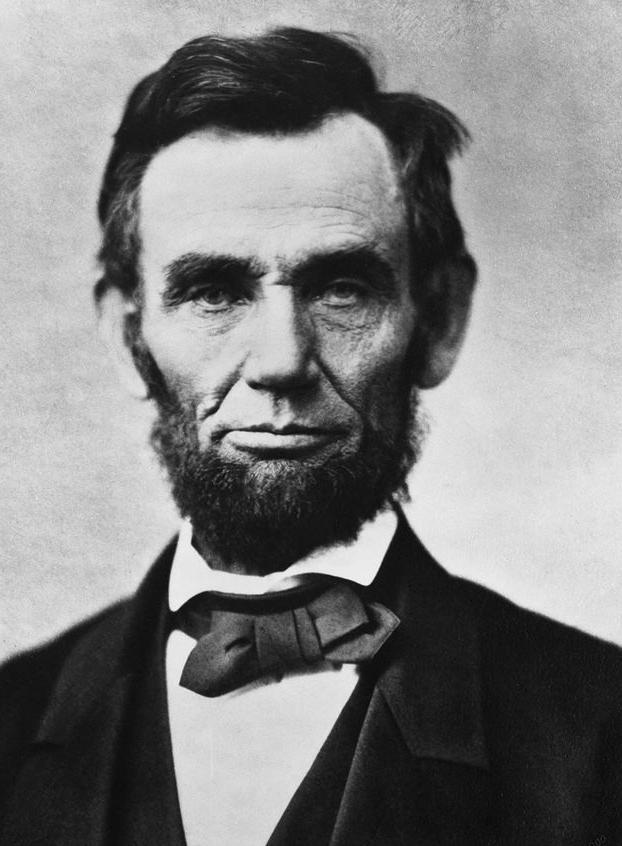Abraham Lincoln

Abraham Lincoln was the 16th President of the United States, serving from 1861 to 1865, and had a substantial impact on the course of the American Civil War. Lincoln was one of the greatest American orators in history, and for this reason, we will mainly be investigating the speeches he delivered before and during his presidency as well as those that have connections to the Civil War.
Lincoln gave the 'House Divided' speech in 1858 as part of an unsuccessful bid for senator in Illinois (before his presidency). The famous imagery of a house divided into two, separate parts highlighted the growing tension between the northern states, who opposed the institution of chattel slavery, and southern states, who were in favor of it. When reading this speech, keep in mind the historical context and how it sets the stage for the civil conflict that followed later.
His two inaugural addresses serve as bookends to the American Civil War. Lincoln delivered the first address in 1861, shortly before the beginning of the Civil War. At that point, seven states had seceded from the Union and established the Confederate States of America. In that speech, he spoke of reconciliation with these rebellious states, demonstrating his ambivalence towards the coming war. Lincoln gave the second address in 1865, shortly before the end of the Civil War. Although the fighting was almost over and the Union Army had all but ensured a victory, Lincoln's tone was not as upbeat or promising as one might expect. Pay particular attention to this.
Lincoln gave The Address at Gettysburg after the Battle of Gettysburg in 1863, which would prove to be the most deadly battle of the Civil War. Pay close attention to how Lincoln invoked the legacy of the founding fathers and the principles on which the country was established. These same themes will continue to be important in the coming weeks.
Finally, Lincoln's Fragment on Slavery was a short think-piece against slavery, written by Lincoln in 1854, long before he held political office. Compare his views towards slavery to those we have encountered in the works of other philosophers this week.
Lincoln's speeches and writings are important in general because they provide insights into how he changed his mind on slavery, the Union's survival, and the moral imperatives of justice and equality. They provide insightful viewpoints on one of the most important eras in American history as well as the inspirational leadership of Abraham Lincoln.